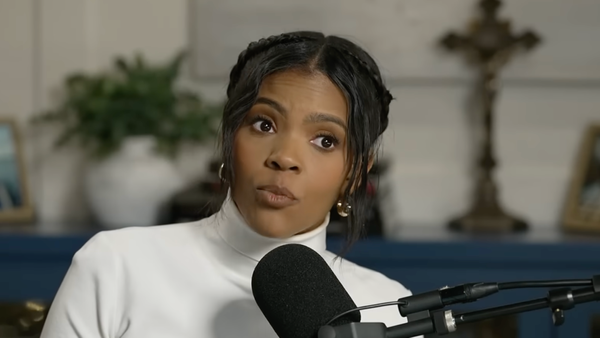
It’s taken some time, but Peter Dutton is finally putting his efforts behind the most predictable, and likely successful, trope of the No campaign — that the Voice to Parliament is an elite plot against ordinary Australians.
Warren Mundine seized on the idea early on, and has for a long time been trying to portray the Voice as the product of “academic elites” and “a power grab by elites”. But Dutton has been much slower. In his initial statement of opposition to the Voice, he described it as a “Canberra Voice” in an effort to portray it as unconnected to the real world, but didn’t refer to any “elites”.
He’s stuck with the “Canberra Voice” idea since, with his office helpfully using the term in the subject heading of its transcripts. But references to elites slowly began creeping into Dutton’s rhetoric. In early April, he claimed to have spoken to “a lot of Indigenous leaders” who didn’t support “a sort of, you know, a ‘voice for the elites‘, as some of them describe it”.
Notice “elite” wasn’t his term; he was just reflecting what Indigenous people were saying — a technique used by people like Donald Trump and Boris Johnson, who would level often absurd allegations at opponents, but cloaked in the deniability of “a lot of people are saying”. That is, it’s not me saying it, it’s other people, you can believe it or not.
A few days later, on April 11, Dutton began using the term himself, referring to “a Canberra-based Voice, which will be the voice of the elites”, a line that became fixed in his talking points in every discussion of the Voice.
Then the “elite” began expanding. When the AFL and NRL backed the Voice, Dutton claimed “their fans are really scratching their head as to why the elites within the sport, particularly the elites involved in the administration of the game, are taking a position into the Voice” (notice Dutton shying away from criticising elite players, which might not go down too well with fans — some elites are OK).
Then in his speech on the bill establishing the Voice referendum on May 22, Dutton railed at “academics and capital city elites who are more focused on power grabs”, clearly echoing Mundine.
This week the ranks of the elite swelled further, after Dutton was enraged that some of the Liberal Party’s major donors were supporting the Voice. Not merely would the Voice be “a grouping of 24 elites”, he said, but Minister for Indigenous Australians Linda Burney was a member of the elite, too, as were CEOs of big companies and “the corporate elite”.
As the examples of Trump and Johnson — who cleverly portrayed Brexit as a vote against UK and European elites — also show, those who go about charging others with membership of an “elite” are almost invariably members of the elite themselves. You literally can’t get more elite in the UK than being educated at Eton and Balliol, as Johnson was, or in the US being born into the East Coast super-rich, as Trump was. Even Gerard Henderson pointed this out many years ago when he derided monarchist David Flint for his risible book The Twilight of the Elites, noting, “if words have meaning, Professor David Flint AM would be regarded as the member of an elite”.
If Peter Dutton — like Linda Burney — wasn’t born into wealth and privilege, he too is surely a member of an elite, if words have any meaning. He has made millions from decades of property investment. He has been a federal MP for over 20 years and a frontbencher since 2004, repeatedly serving in senior ministerial roles. Similarly, Mundine is a former ALP president and successful businessman who chaired and part-owned a company that received millions of dollars from the Coalition government and had to move from Sydney’s North Shore to campaign for Gilmore in 2019. If Whitton-born former teacher Linda Burney — who has multiple investment properties — gets to be part of an elite, then Peter Dutton and Warren Mundine do too.
The hypocrisy of elites railing at elites, however, rarely registers with the target audience. Claims of sinister elites working against the interests of ordinary people are a well-tested populist trope. It’s one that’s at the heart of Trump’s appeal, despite the evidence of Trump’s presidency showing him working hard for corporate elites, not ordinary Americans. It’s one that is already a core part of the No campaign, too.
So get used to hearing about “elites” — note the response by Advance Australia to criticism of the racist, defamatory cartoon run by The Australian Financial Review yesterday: “Matt Kean can keep his elitist Sydney views to himself” and “the Yes campaign elites playing the race card straight off the top of the deck”.
The problem remains that the No campaign can’t identify any actual harm the Voice will inflict on non-Indigenous Australians even by worst-case scenarios (it will be “damaging in the long term”, says Tony Abbott, though he’s unable to say exactly what the damage will be). But history suggests the invocation of a threat from a shadowy elite — academics, football administrators, company CEOs, some politicians but not others — with an agenda to do something bad, even if it can’t be clearly defined, can be very effective.







